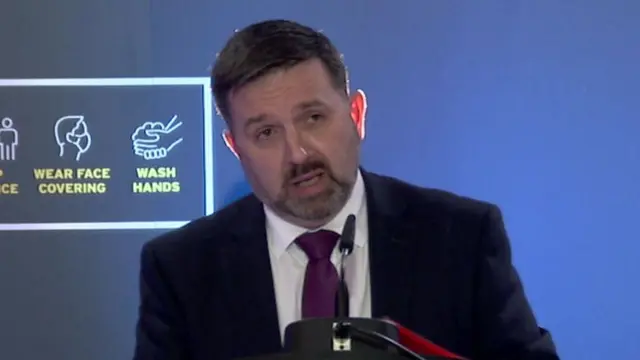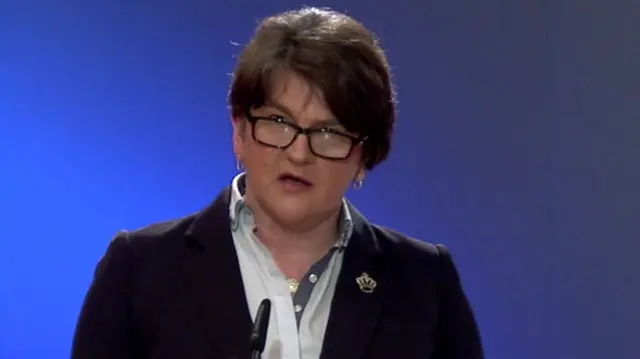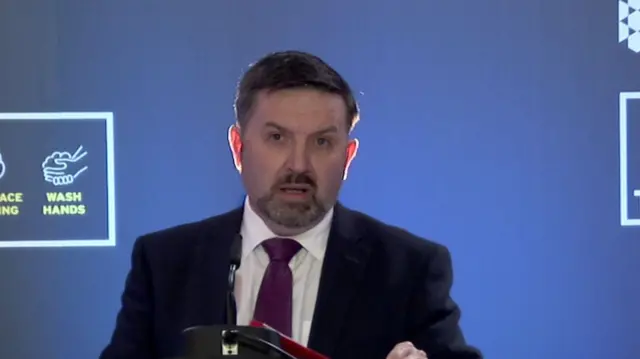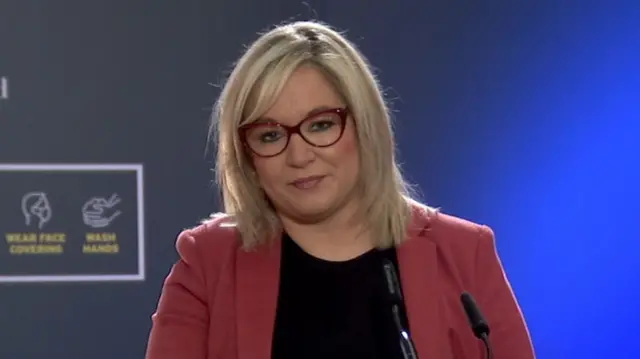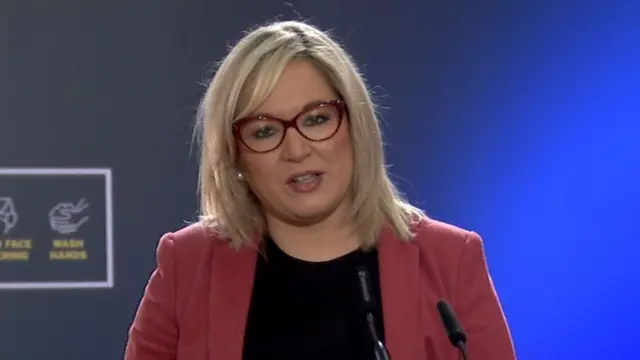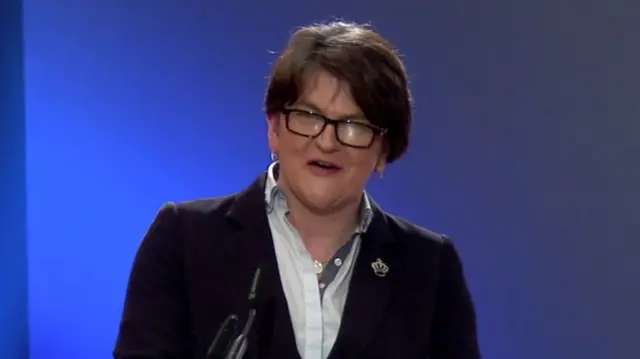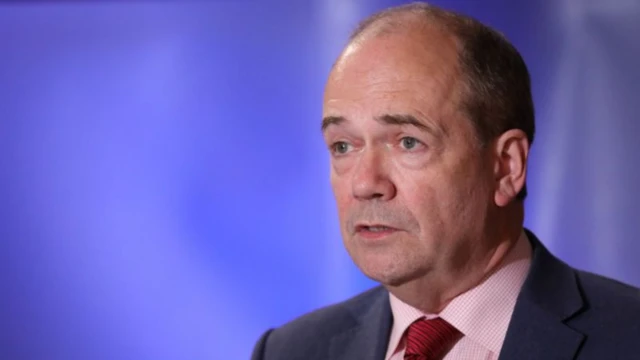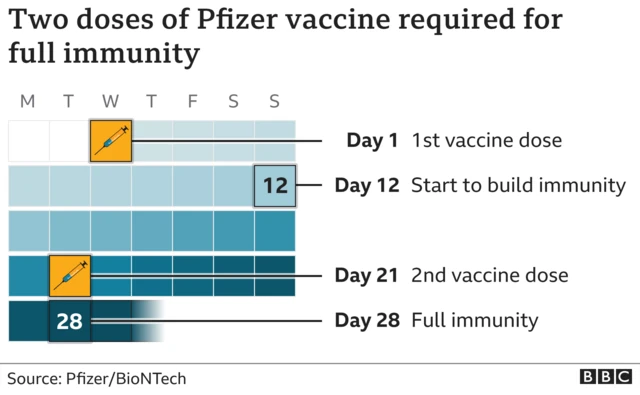Goodbyepublished at 17:21 GMT 2 December 2020
That's it from us on the BBC News NI live page for the coronavirus briefing with First Minister Arlene Foster, Deputy First Minister Michelle O'Neill and Health Minister Robin Swann.
Thank you for your company.
Have a lovely evening.
